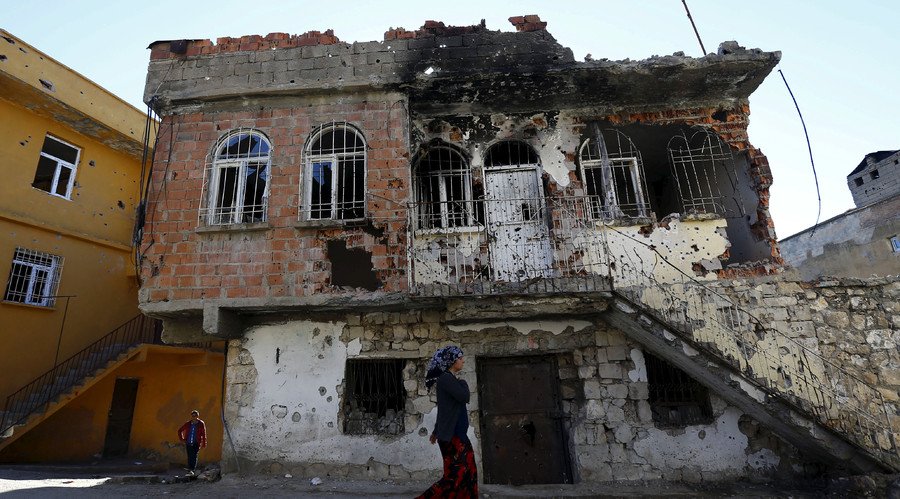India and China have seen exponential growth in oil demand over the past 25 years. Combined, they consume 16 percent of the world’s oil–second only to the U.S. at 20 percent. And analysts expect that by 2040, these two growing economies will double their combined consumption to 30 percent. These are game-changing numbers that have all major producers seeking inroads to this territory.
Most spectacularly, new trade routes are being established and Indian refiners are moving away from long-term contracts with Middle East nations, favouring African spot purchases, reports Reuters.
At the start of the decade, Russia supplied about 7 percent of total imports to China, compared to 20 percent supplied to China by Saudi Arabia. However, Russia has overtaken the Saudis as the largest supplier to China four times in 2015, which is significant because Saudi Arabia had lost the top spot only six times in the preceding five years, according to data from RBC Capital markets.

RBC Capital Markets’ commodity strategist Michael Tran pointed out that seven countries have beaten the growth rate achieved by Saudi Arabia in the past five years, as shown in the chart above.
“Meanwhile, Saudi Arabia is losing its crown as its selling prices in Asia haven’t been attractive enough,” claimed Gao Jian, an analyst at SCI International, a Shandong-based energy consultant, to Bloomberg in June 2015.
On the other hand, Nigeria overtook Saudi Arabia as the largest supplier to India back in 2015, as reported by Reuters.
…click on the above link to read the rest of the article…










 Nikos Kotzias (νίκοσ κοτζιάσ), a former member of the Central Committee of the Greek Communist Party. Nowadays, oddly enough, he is Greece’s foreign minister. Here seen enraged. Photo credit: Simela Pantzartzi
Nikos Kotzias (νίκοσ κοτζιάσ), a former member of the Central Committee of the Greek Communist Party. Nowadays, oddly enough, he is Greece’s foreign minister. Here seen enraged. Photo credit: Simela Pantzartzi







